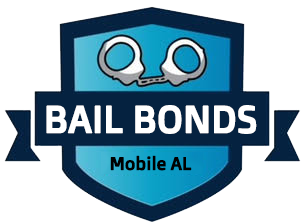
In most cases, especially first offenses, a judge will most likely either let you be released with personal recognizance or allow bond to be posted so that you do not have to stay in jail while waiting for a court hearing. However, if the person arrested has repeat offenses or if the crime is considered severe enough, there are some circumstances where the judge will not offer bail. Here is a guide on what could be considered unbailable charges.
Terrorists
Terrorism will always be one of the most extreme crimes a person could commit so it comes to no surprise that a crime of this severity would be considered unbailable. If a person is considered a terrorist then they a threat to public safety in which case a judge will feel that it is in the public’s best interest to keep the defendant detained until and during trial.
Murder
As with terrorism, taking someone’s life will immediately make that person a threat to society, especially if the loss of life was premeditated or malicious. One possible reason a judge may still consider bail however would be if the death was accidental or an act of self-defense.
Multiple Violent Convictions
For the most part, as said before, if it is a first offense, a judge will likely still consider bail, although it may be higher and there could be more scrutiny about the threat. However, if this is one of many arrests, particularly for violent crimes, the judge will be far more hesitant to allow the defendant to be released while waiting for their hearing since it could put others at risk.
Repeat Offenses While on Bail
If a defendant has been arrested multiple times, it defintily hurts their chances to be let out on bail, however, if they arrest while actually out on bail waiting for the hearing, then the chances become significantly less. If a person cannot stay out of jail after realase while waiting for their court date, then the courts will tend to believe that they should not be able to be released in the first place.
Flight Risk
This gets determined by how severe the crime was, how much money and resources the defendant has and how many ties to the community. If a defendant has few ties to the community and has the resources to flee, there is a good chance that they will not have bail as an option.
Severe Drug Charges
If drug charges are severe enough, especially if it is for distributing drugs and there is a possibility of 10 or more years in prison, then this typically is considered an unbailable offense and the option of release will not be offered.



